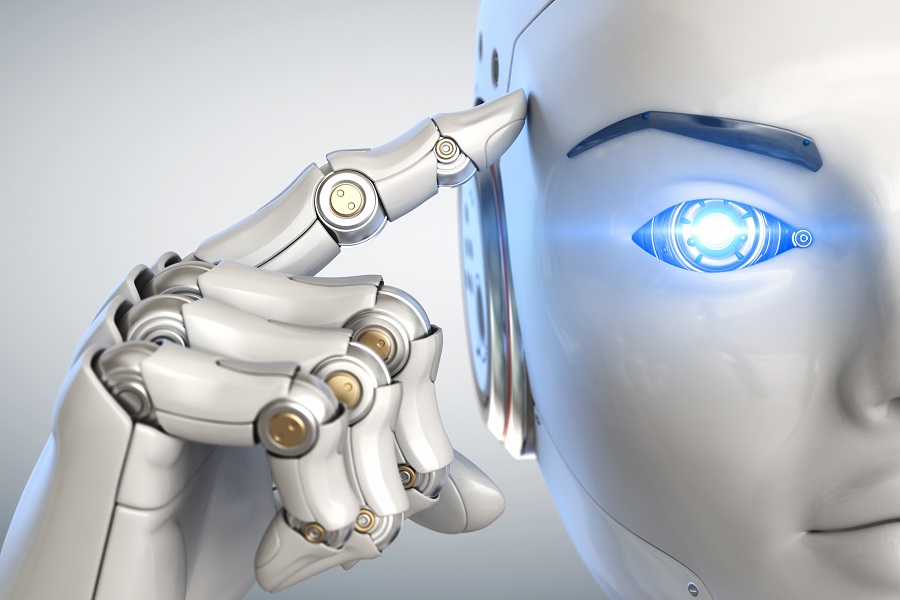Up to now, there is no clear and generally valid definition for the term “artificial intelligence” (AI). Already with the word “intelligence” we have difficulties to find a valid definition.
Wikipedia defines AI as “… a branch of computer science that deals with the automation of intelligent behaviour and machine learning. “
Artificial intelligence learns by itself – but is it really “intelligent”? How do you recognize knowledge? Can a machine be intelligent? Isn’t intelligence what distinguishes humans from everything else? A philosophical question that can be discussed for hours without any result.
Axel Rittershaus, an expert on AI, writes in the magazine “Computerwoche” from 29.01.2020:
“We are dealing with artificial intelligence when the following criteria are met:
- It is a digital system.
- The system uses algorithms. Depending on the maturity level of the AI, these are written by humans (and improved by the system) or developed by the system itself.
- The system learns based on existing data and/or generates new data on its own to learn from and improve its algorithms.
(e.g. playing chess: the computer learns from the game). Depending on the application, the system can also learn thoroughly without a database because it generates and interprets the data itself. - The system learns to understand the meaning of data.
- In networked AI, a multitude of individual AI systems learn from each other (neural networks). This is especially relevant when the orders are dealing with different situations. “
Example criteria for AI:
- The system plays chess against itself and learns from the games – because in chess the computer itself knows which party has won.
- A system used in the diagnosis of lung cancer may learn from a similar policy used for breast cancer.
- An AI system that is concerned with the prediction of accident risks could draw on the knowledge of all individual AI systems.
- A medical assistance system based on AI for the evaluation of CT images could take millions of assessments from the last 20 years as a learning basis and then only need 10 seconds of the evaluation of a specific case, whereas a “classic” system needs weeks to achieve a statement quality comparable to that of an experienced physician.
Speed in the learning phase and the analysis of data as well as the “development of rules” are crucial for artificial intelligence. The computing power now available ensures that we can develop and use such systems today.
Does it matter whether a system is “intelligent” in the end or delivers incredibly good results that we as humans can never achieve, or at least not as quickly?
What was science fiction two years ago, is now a reality. What sounds like science fiction today will soon be reality. The resulting evaluations and derivations can still be a bit scary because we can’t understand them (so quickly).
However (from today’s perspective): “A computer will never be as intuitive and creative as a human being”.


Recent Comments